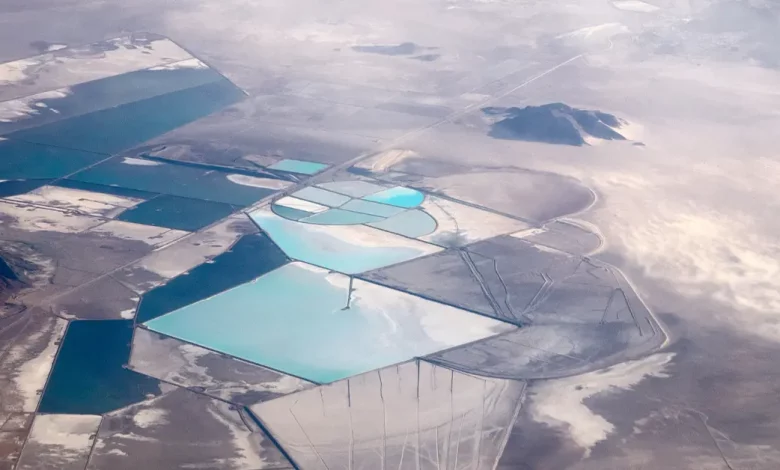
Context- The Government of India, through the Ministry of Mines, is set to unveil “the list of Critical Minerals for India”.
Objective
- To support the nation’s net zero goals by reducing import dependence and strengthening supply chain resilience.
Significance of the List
- It will check an achievement in India’s quest for confidence and security in the space of mineral assets.
- The list is intended to recognize and focus on minerals that are fundamental for different modern areas like super advanced gadgets, broadcast communications, transport and protection.
- The list will be used as a framework for making decisions about mining investments, strategic planning, and policy.
- Through the government’s commitment to building a strong and resilient mineral sector, this initiative is in line with the larger goal of India’s “Net Zero” target.
What are Critical Minerals?
- Critical minerals are components that are the building blocks of essential modern-day technologies, and are in danger of production network disturbances.
- These minerals are now used in a variety of applications, including the production of batteries, electric vehicles, computers, solar panels, and green technologies like wind turbines and computers.
- Countries make their own lists based on their specific requirements and strategic considerations.
- However, the majority of these lists contain graphite, lithium, and cobalt, which are utilized in the production of EV batteries; uncommon earths that are utilized for making magnets and silicon which is a vital mineral for making micro processors and sunlight powered chargers.
- Aviation, correspondences and guard businesses likewise depend on a few such minerals as they are utilized in assembling warrior jets, drones, radio sets and other basic hardware.
What Importance does Listing Critical Minerals Hold?
- Moving toward clean energy:
-
- These essential resources are essential to the ecosystem that drives this change as countries around the world accelerate their transition to clean energy and the digital economy.
- Reduce reliance on other nations:
- An economy and strategic autonomy of a nation that is overly dependent on others to obtain vital minerals can be severely impacted by any supply shock.
- However, these supply risks exist because of the complex processing value chain, growing demand, and limited availability. A hostile regime or politically unstable regions frequently disrupt the intricate supply chain.
- Demand Increase: The demand for essential minerals like lithium and graphite, which are used in electric vehicle (EV) batteries, is expected to soar by 400-600 percent over the next several decades as the world moves toward a clean energy economy.
- Countries own list: Various countries might have their own interesting arrangements of basic minerals in view of their particular conditions and needs. 50 minerals have been designated as critical by the United States due to their importance to economic growth or national security. The UK considers 18 minerals critical and Canada 31.
Minerals Security Partnership
- India recently joined the Mineral Security Partnership (MSP), led by the United States, a coveted club for critical minerals.
- Australia, Canada, Finland, France, Germany, Japan, the Republic of Korea, Sweden, the United Kingdom, the United States, the European Union, Italy, and now India are all members of the MSP, a strategic alliance.
- Its objective is to encourage global public and private investment in vital mineral supply chains.
- India is as of now an individual from the Intergovernmental Gathering on Mining, Minerals, Metals and Manageable Turn of events, which upholds the headway of good mining administration.
Significance of India’s Membership in the MSP
- India’s membership in the club is crucial for the country to achieve its goal of moving toward sustainable mobility through large, dependable electric public and private transportation fleets.
- Getting the inventory network of basic minerals will likewise give the country the fundamental push towards a coordinated native hardware and semiconductor fabricating.
- The incorporation will likewise make ready for fair sharing of assets across the globe.
- The MSP is elitist in its general thought of development and enlistment of individuals. The Democratic Republic of the Congo, Indonesia, and Vietnam—all of which contain substantial mineral reserves—are not included in this US-created strategic alliance.
- By developing a robust and dependable supply chain of the raw materials required for clean energy, India’s diplomatic power can make room for other nations to join the partnership and lessen their reliance on China.
- India’s participation in MSP will lead to a number of bilateral, multilateral, and plurilateral agreements pertaining to the governance of critical minerals and the strategic significance they hold for the member nations.





.png)



